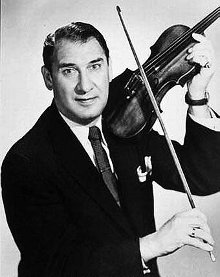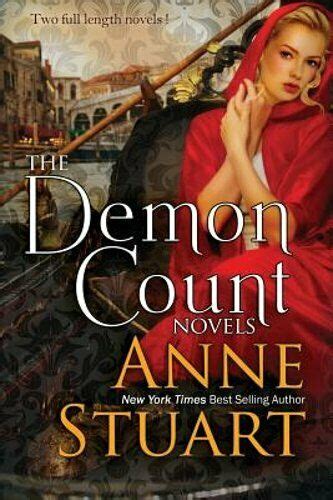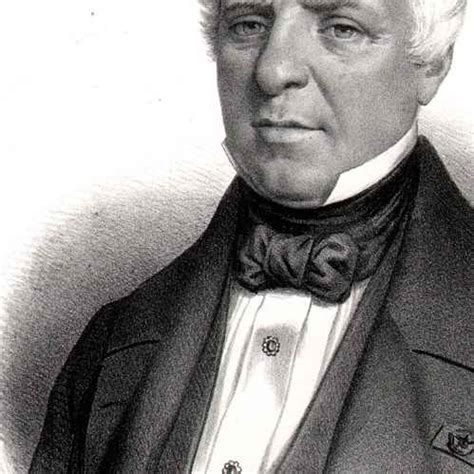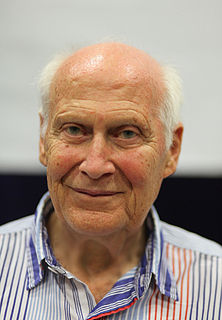A Quote by Alphonse de Lamartine
The death of a man's wife is like cutting down an ancient oak that has long shaded the family mansion. Henceforth the glare of the world, with its cares and vicissitudes falls upon the old widower's heart, and there is nothing to break their force, or shield him from the full weight of misfortune. It is as if his right hand were withered; as if one wing of his angel was broken, and every movement that he made brought him to the ground.
Related Quotes
It was inevitable: Yankel fell in love with his never-wife. He would wake from sleep to miss the weight that never depressed the bed next to him, remember in earnest the weight of gestures she never made, long for the un-weight of her un-arm slung over his too-real chest, making his widower's rememberences that much more convincing and his pain that much more real.
The sobs and tears of joy he had not foreseen rose with such force within him that his whole body shook and for a long time prevented him from speaking. Falling on his knees by her bed. He held his wife's hand to his lips and kissed it, and her hand responded to his kisses with weak movement of finger. Meanwhile, at the foot of the bed, in the midwife's expert hands, like the flame of a lamp, flickered the life of a human being who had never existed before.
A man is at the bar, drunk. I pick him up off the floor, and offer to take him home. On the way to my car, he falls down three times. When I get to his house, I help him out of the car, and on the way to the front door, he falls down four more times. I ring the bell and say, Here's your husband! The man's wife says, Where's his wheelchair?
Nothing is more despicable than the old age of a passionate man. When the vigour of youth fails him, and his amusements pall with frequent repetition, his occasional rage sinks by decay of strength into peevishness; that peevishness, for want of novelty and variety, becomes habitual; the world falls off from around him, and he is left, as Homer expresses it, to devour his own heart in solitude and contempt.
He was sound asleep, his long legs stretched out in front of him, the blessed fire blazing, an empty bottle of wine by his side. He hadn't been shaved recently, and he looked rumpled, dissolute and beautiful. Like a fallen angel. She moved to stand in front of him and pointed the pistol directly at his heart. "I wouldn't do that if I were you," he murmured, and then he opened his extraordinary eyes. "It's always unwise to shoot the man you're in love with.
The world is full of men who want to be right, when actually the secret of a man's strength and his pathway to true honor is his ability to admit fault when he has failed. God wants to fill the church with men who can say they are wrong when THEY ARE WRONG. A man who is willing to humble himself before God and his family and say: "I was wrong." will find that his family has all the confidence in the world in him and will much more readily follow him. If he stubbornly refuses to repent or admit he was wrong, their confidence in him and in his leadership erodes.
So long as men desire to live together, no man may initiate the use of physical force against others. . . . When a man attempts to deal with me by force, I answer him by force. It is only as retaliation that force may be used and only against the man who starts its use. No, I do not share his evil or sink to his concept of morality: I merely grant him his choice, destruction, the only destruction he had the right to choose: his own.
When the family has been brought into its natural order, the individual can leave it behind him while still feeling the strength of his family supporting him. Only when the connection to his family is acknowledged, and the person's responsibility seen clearly and then distributed, can the individual feel unburdened and go about his personal affairs without anything from the past weighing him down or holding him back.
Botha swimmer and a drowned man are in the water; the latter is borne by the water and controlled by it, while the swimmer is borne along by his own power and of his own volition. Every movement made by the drowned man - indeed, every act and word that issue from him - comes from the water, not from him... The saints are like this. They have died before death.
Atten. Pray of what disease did Mr. Badman die, for now I perceive we are come up to his death? Wise. I cannot so properly say that he died of one disease, for there were many that had consented, and laid their heads together to bring him to his end. He was dropsical, he was consumptive, he was surfeited, was gouty, and, as some say, he had a tang of the pox in his bowels. Yet the captain of all these men of death that came against him to take him away, was the consumption, for it was that that brought him down to the grave.
A man follows the path laid out for him. He does his duty to God and his King. He does what he must do, not what pleases him. God's truth, boy, what kind of world would this be if every man did what pleased him alone? Who would plough the fields and reap the harvest, if every man had the right to say, 'I don't want to do that.' In this world there is a place for every man, but every man must know his place.






































